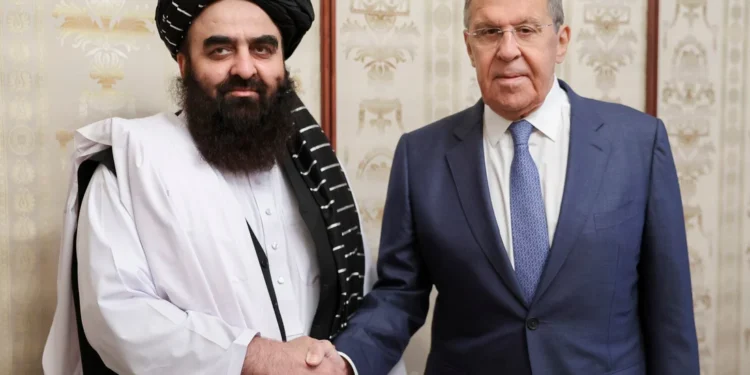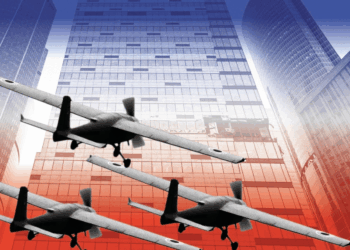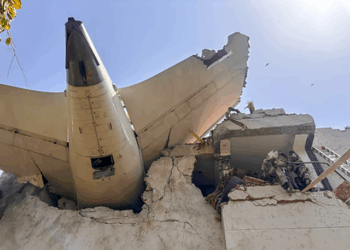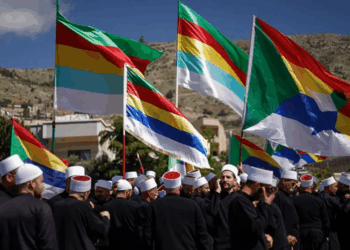In a historic and controversial move, Russia has officially recognized the Taliban government in Afghanistan, becoming the first country to do so since the group took control in 2021. The announcement was made following a meeting between Afghan Acting Foreign Minister Amir Khan Muttaqi and Russia’s Ambassador to Afghanistan, Dmitry Zhirnov, in Kabul on Thursday.
Taliban officials hailed the decision as “brave” and precedent-setting, calling it the beginning of a “new phase of positive relations” with the global community.
A Shift in International Policy:
“This brave decision will be an example for others,” said Foreign Minister Muttaqi during the meeting, which was shared on the Taliban’s official X (formerly Twitter) account. “Now that the process of recognition has started, Russia was ahead of everyone.”
Taliban foreign ministry spokesperson Zia Ahmad Takal confirmed the development to AFP, stating, “Russia is the first country which has officially recognised the Islamic Emirate.”
In a message posted on Telegram, Russia’s Foreign Ministry stated:
“We believe that the act of official recognition of the Islamic Emirate of Afghanistan will boost productive bilateral cooperation across multiple sectors.”
Strategic Cooperation in Key Sectors:
Russia emphasized that official recognition would open the door to deepening cooperation in energy, transportation, agriculture, and infrastructure. Additionally, Moscow expressed a willingness to assist Afghanistan in combating terrorism and drug trafficking.
Russia has recently taken several steps toward normalizing ties with the Taliban, including:
-
Removing the Taliban from its list of terrorist organizations in April 2024.
-
Accepting a Taliban ambassador in Moscow.
-
Opening a business representative office in Kabul—the first foreign power to do so after the Taliban’s return to power.
Russian President Vladimir Putin has also referred to the Taliban as “allies in the fight against terrorism”, signaling a new pragmatic relationship between the two countries.
Regional and Global Reactions:
While other countries such as China, Pakistan, and Iran have hosted Taliban envoys and continued informal engagement, none have officially recognized the group’s rule.
On Friday, China responded to Russia’s decision with cautious approval. Chinese Foreign Ministry spokesperson Mao Ning said:
“As a traditional friendly neighbour of Afghanistan, China believes Afghanistan should not be excluded from the international community.”
However, official recognition by Western nations remains distant, primarily due to severe human rights violations, especially concerning women and girls in Afghanistan.
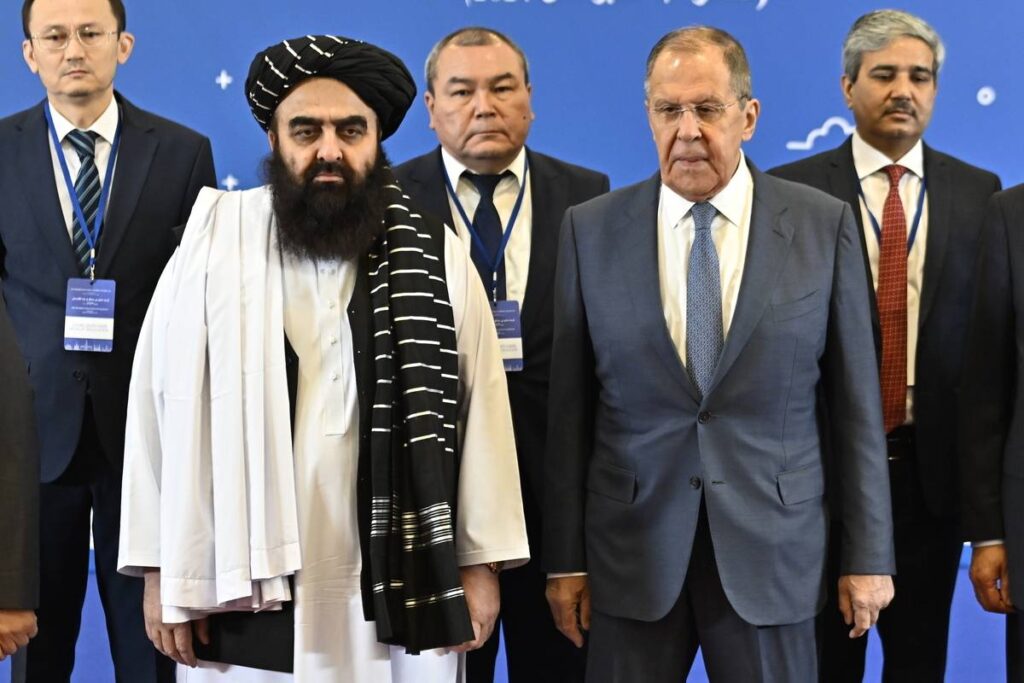
Women’s Rights and International Concerns
Since reclaiming power in August 2021, the Taliban has banned secondary and higher education for girls, restricted women from working in many sectors, and imposed harsh punishments based on its interpretation of Islamic law.
This has drawn widespread condemnation from international human rights organisations and many governments.
Former Afghan parliamentarian Mariam Solaimankhil strongly criticised Russia’s move, saying:
“The recognition legitimises a regime that bans girls from education, enforces public floggings, and shelters UN-sanctioned terrorists.”
Another prominent voice, Fawzia Koofi, also a former member of Afghanistan’s parliament, added:
“Recognition of the Taliban will not bring peace. It will legitimise impunity and threaten both Afghan civilians and global security.”
Sanctions and Legitimacy
Despite this recognition, senior Taliban officials remain under international sanctions, including those imposed by the United Nations Security Council. The UN and Western powers have consistently linked formal recognition with demonstrable progress on human rights, especially women’s access to education and employment.
So far, the Taliban has shown little willingness to compromise on these issues, citing religious and cultural reasons.
Economic and Political Motives
For Russia, recognition is seen as both a geopolitical strategy and an economic opportunity. Moscow has already announced plans to use Afghanistan as a transit hub for natural gas exports to Southeast Asia, and views the partnership as a way to counter Western influence in the region.
According to analysts, Russia may be hoping that official recognition will help solidify its presence in Central Asia, while gaining leverage in regional security and energy discussions.
What’s Next?
The recognition by Russia could encourage other countries—especially in the region—to follow suit. However, the move remains deeply divisive and is likely to further complicate global diplomatic efforts regarding Afghanistan.
While regional players may prioritize security, trade, and infrastructure cooperation, Western nations are expected to remain firm on their stance unless the Taliban meets basic human rights obligations.
Final Word from Desert Feed
Russia’s decision to recognize the Taliban marks a turning point in international relations with Afghanistan, raising critical questions about the balance between diplomacy, security, human rights, and strategic interest. As other nations watch closely, this bold step may shape the next chapter of engagement—or isolation—for the Islamic Emirate of Afghanistan.
Stay tuned to Desert Feed for ongoing coverage of this rapidly evolving story.
